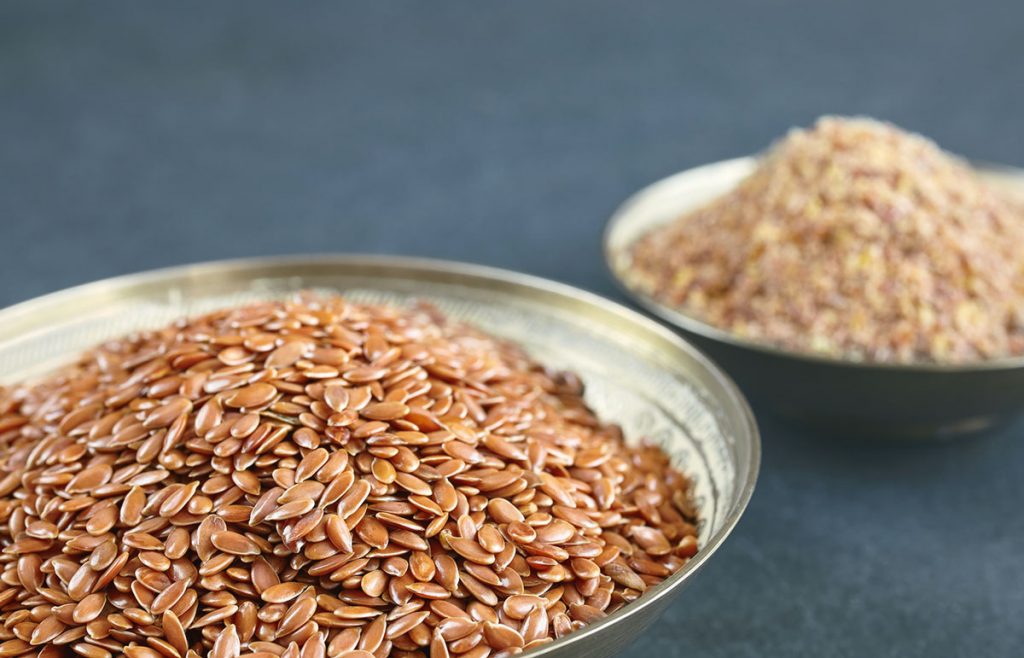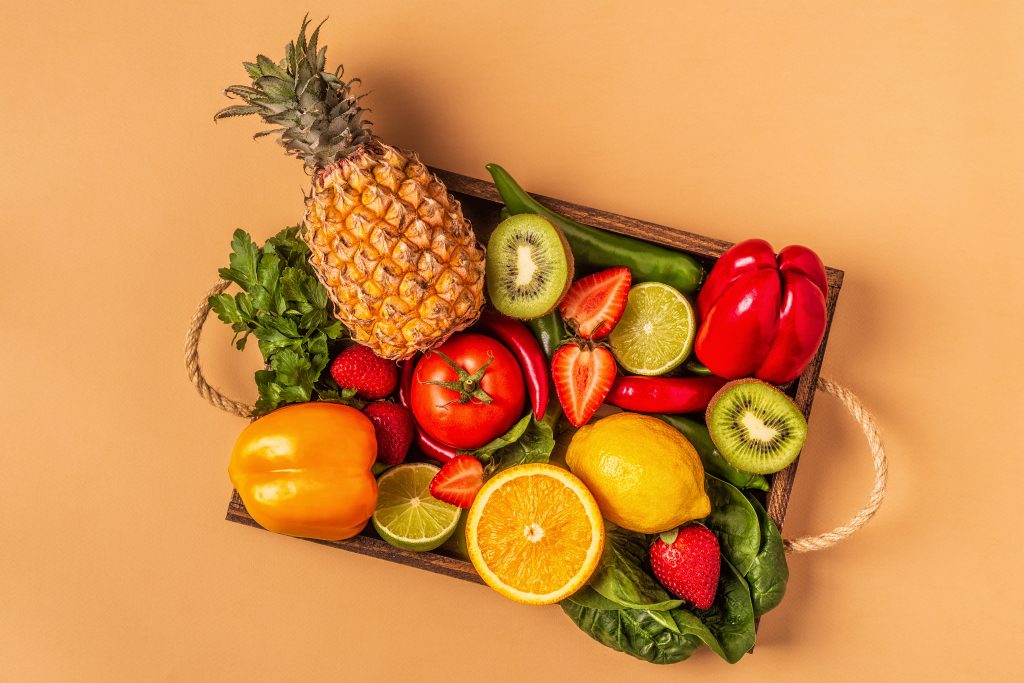Health, vitality and our ability to live from a calm centre is not a black and white concept. These states are created from hundreds if not thousands of tiny decisions we make across each day. Let’s say, at the moment, 10 of the 100 choices that create your wellbeing, support it, and 90 of your choices take away from your wellbeing, and yet it’s something you want to improve. Rather than aiming for a sudden jump to 100 out of 100 of your choices being calm-supportive choices, see if you can simply start to take more steps in that direction. Food can be a powerful place to start as the foods you choose can either help to support your calm or detract from it. You might like to ask yourself ‘does this support calm or disrupt it?’ before doing, eating or drinking something.
Here are four ways you can start to eat your way to experiencing more calm.
1. Foods rich in omega-3 fatty acids
Omega-3 fatty acids have potent anti-inflammatory actions. They take up residence in the membrane (outside layer) of cells and are able to exert their wonderful effects to keep the cells flexible. However, due to their physical structure, they themselves oxidise easily and are best consumed with an antioxidant-rich way of eating, which is one that is high in coloured plant foods.
Oily fish, some algae, flaxseeds, chia seeds and walnuts are all good sources of omega-3 fatty acids.

2. Magnesium-rich foods
Magnesium is an essential mineral that is responsible for helping catalyse over 300 biochemical reactions in the body. Most of the magnesium in your body is in your skeleton, muscles and soft tissue and only a tiny amount is found in your blood. It is essential for muscles to be able to relax, relieving tension.
Food sources of magnesium include leafy green vegetables, tahini, seeds, nut butter, nuts, seaweed such as kelp and raw cacao. So yes, there’s some in dark chocolate.
You can also supplement magnesium and, given magnesium status is highly associated with stress levels, as both stress and low magnesium levels potentiate each other’s negative effects, the more stressed you are, the higher your requirements for magnesium. You are also able to absorb magnesium through your skin. So, taking a bath containing magnesium salts such as Epsom salts can be another way to enhance your magnesium levels and foster calm.
3. Vitamin C-rich foods
Vitamin C plays many outstanding roles in the body many of which can promote calm. It’s an antihistamine as it helps to stabilise the cell walls of mast cells, the cells that release histamine when they vibrate. Vitamin C is also a powerful antioxidant that helps to reduce oxidative damage and inflammation in the body. It is essential for sex hormone production as well as adrenal gland function while also aiding immunity and slowing down the ageing process. It’s a particularly superstar nutrient.
Vitamin C is found in berries, capsicums, kale, citrus fruits, kiwifruit, parsley and broccoli.

4. Medicinal herbs
While not strictly ‘foods’, there are certain medicinal herbs which can be taken through times of acute stress to promote greater calm in the body. Skullcap and saffron are highly effective anti-anxiety agents that can make a noticeable difference if you are feeling revved up on the inside or experience anxious feelings regularly. Withania is a nourishing adrenal medicinal herb that has been clinically shown to support healthy cortisol levels. Ongoing high cortisol breaks down muscle, slows metabolic rate and impairs the immune response and blood glucose regulation – so its ripple effects are problematic. All of these medicinal herbs are readily available as herbal tinctures or capsules via your local health food store or naturopath. Like supplements, medicinal herbs are best used alongside a nourishing way of eating based primarily on whole, real foods.



